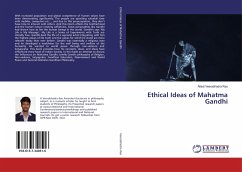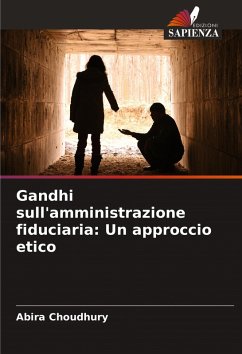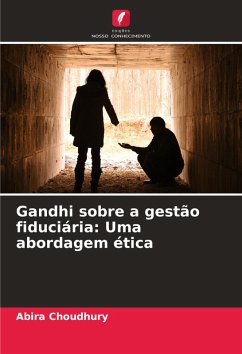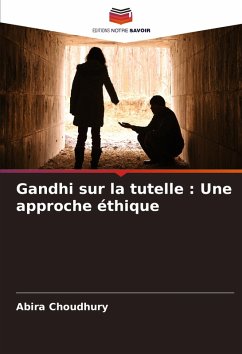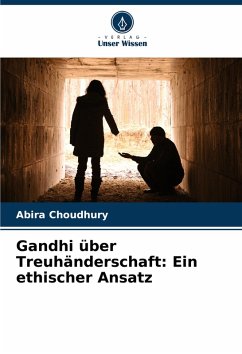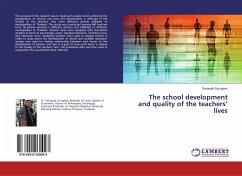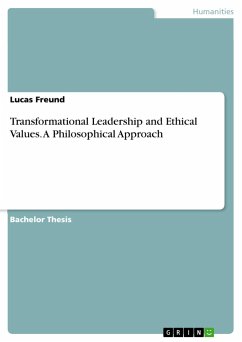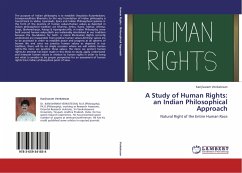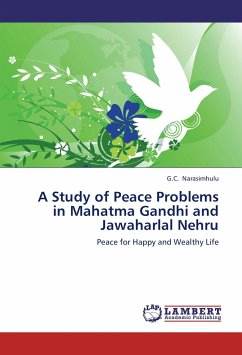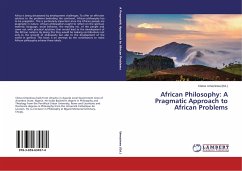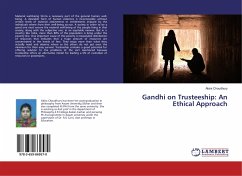
Gandhi on Trusteeship: An Ethical Approach
Versandkostenfrei!
Versandfertig in 6-10 Tagen
36,99 €
inkl. MwSt.

PAYBACK Punkte
18 °P sammeln!
Material well-being forms a necessary part of the general human well-being. A desirable form of human existence is inconceivable without certain levels of material attainments or entitlements enjoyed by the individuals where from their well-being accrue. A society in order to be a good one must ensure the material well-being of the people living in that society, along with the subjective one, in an equitable manner. But in a country like India, more than 80% of the population is living under the poverty line. One important cause of this poverty is inequitable distribution of resources that ind...
Material well-being forms a necessary part of the general human well-being. A desirable form of human existence is inconceivable without certain levels of material attainments or entitlements enjoyed by the individuals where from their well-being accrue. A society in order to be a good one must ensure the material well-being of the people living in that society, along with the subjective one, in an equitable manner. But in a country like India, more than 80% of the population is living under the poverty line. One important cause of this poverty is inequitable distribution of resources that indicates that a huge amount of resources are concentrated in the hands of few. They enjoy more than what they actually need and deserve where as the others do not get even the minimum for their easy survival. Trusteeship contains a good potential for offering solution to the problems of the sort mentioned because trusteeship offers an alternative model for leading a life of custodian of resources or possessions.



